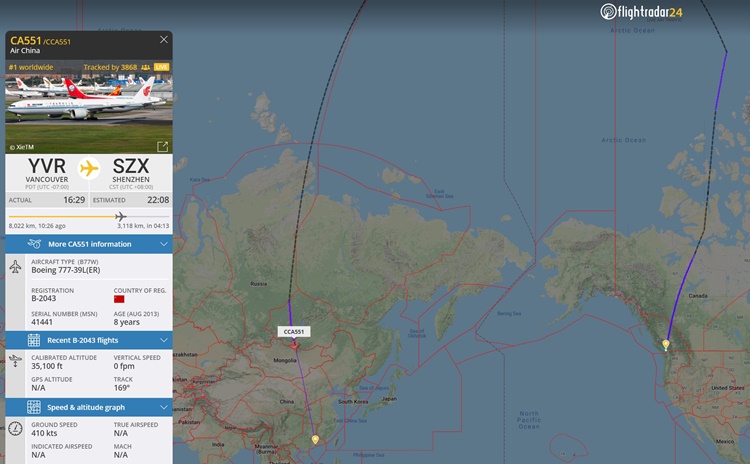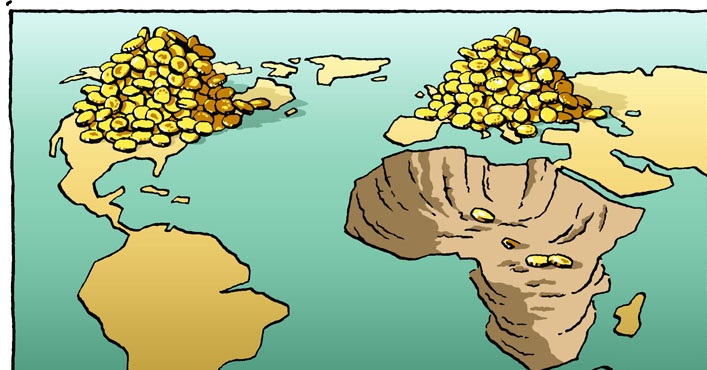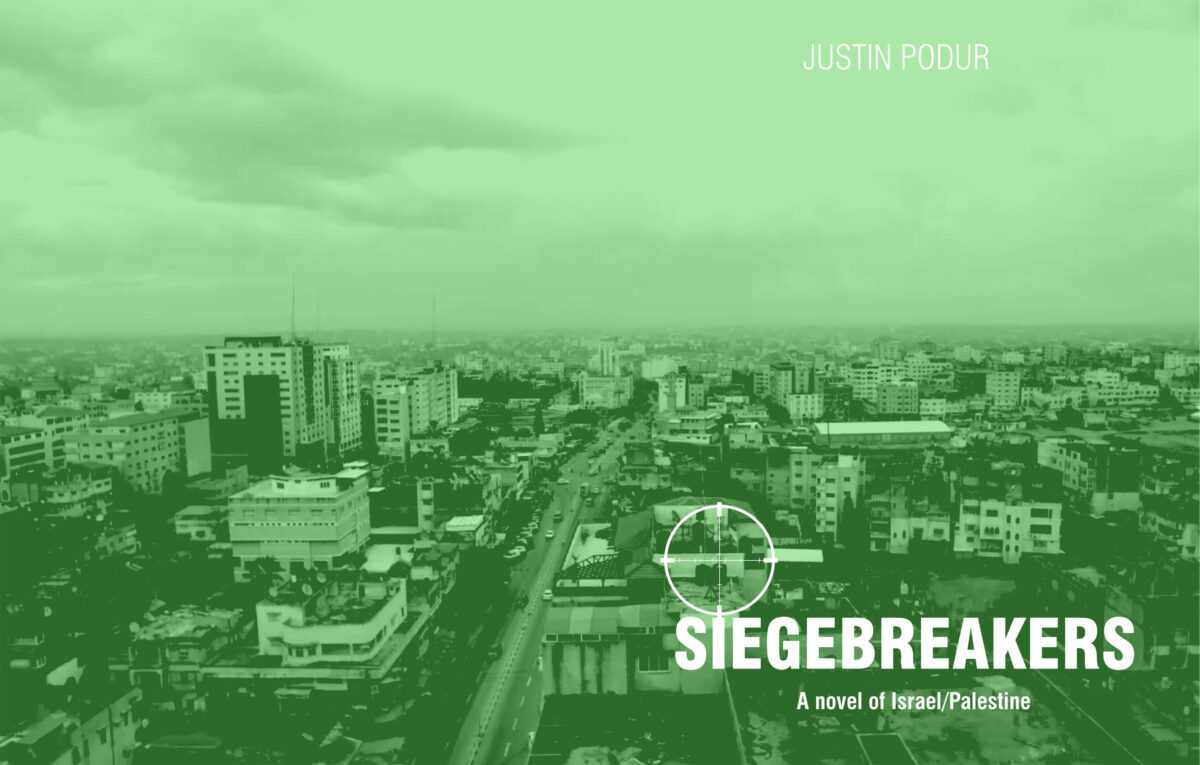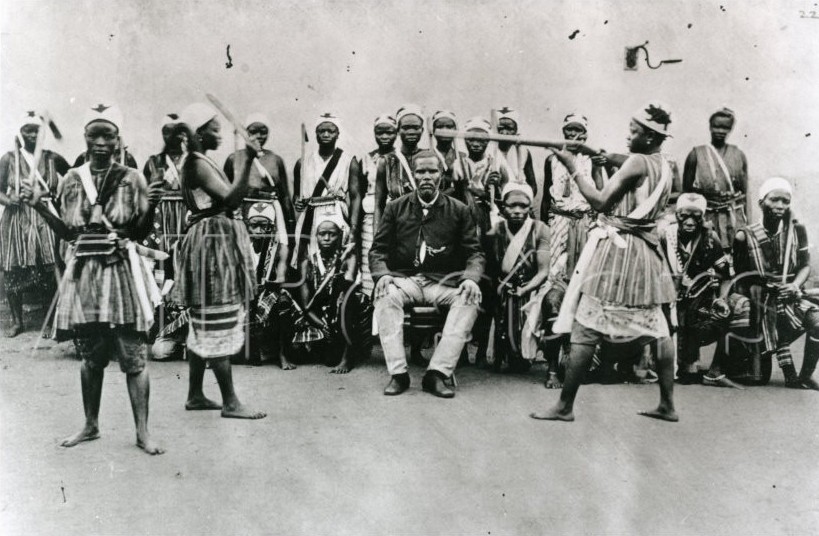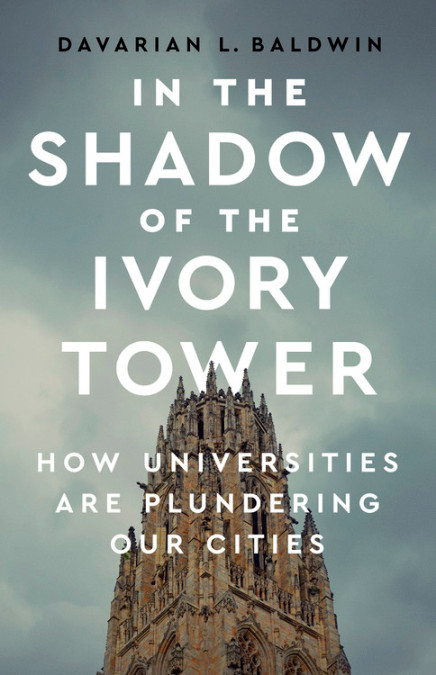I am back with journalist and activist KJ Noh, retired SF Judge Julie Tang, and activist/writer Dan Freeman-Maloy. Meng Wanzhou is free and back in China! We painted a pretty pessimistic picture for you in AEP 95 before the ruling, then poof! The Canadian election happened and Meng was on a plane back to China! Dan goes over some Canadian history of anti-Chinese racism; Julie helps us go over the Deferred Prosecution Agreement and what it means; KJ helps us assess whether this was a victory or a defeat. We conclude with some of Meng’s own words, and some ruminations on the future of Huawei, of HSBC, and of the “American Trap”.
Month: September 2021
Scramble for Africa 3: Theories of Imperialism
Our third instalment before we really dig into the actual scramble for Africa is to give you a flavor for how we’re interpreting what we read. Lenin wrote Imperialism, the Highest Stage of Capitalism as an explanation for WWI, but much of what he wrote was about Africa; WEB Du Bois wrote an essay with the same intent and a similar argument, called The African Roots of the War; and of course Walter Rodney returns to our discussion to prepare us to get into the history. Dave makes some critiques of Lenin (and Hobson) citing Fieldhouse, and concludes the episode with his own multicausal interpretation for the scramble, which was how he taught it in high school.
AEP 98: On the Canada Files, with Aidan Jonah
I’m joined by Aidan Jonah, editor of the new media outlet The Canada Files, which has an anti-imperialist point of view and an investigative journalism methodology. We talk about some of the Canada Files’s recent investigations, about the relative paucity of anti-imperialist perspectives on Canada (with noble exceptions of course), and about the ambitions plans for the Canada Files’s future.
AEP 97: Special Siegebreakers Spoiler
In this special short episode, the whole plot summary of Siegebreakers, a pro-Palestine thriller novel that imagines how the Palestinians will eventually break the siege on Gaza, is SPOILED. If you don’t like spoilers, you should skip this one. If you’re the type who needs to know what happens in a book or movie before committing yourself to watching / reading, well this 12 minutes will help you decide. Also, there’s a book discussion on September 18th that will be hosted by the Marxist Education Project (discussion continues on the 23rd as well). So there’s the announcement, discount codes for the book, and the full spoiler in this short episode. Back to regular programming in the next.
Scramble for Africa 2: Africa resists the slave trade
Take a tour with us of a few of the African kingdoms that tried to resist the slave trade – before, in some cases, giving in. King Affonse of Kongo, Queen Nzinga of Matamba, Agaja of Dahomey (and others from that kingdom), the Asante in the west, and then east we have Abyssinia, the Bachwezi, and in the south we talk about Shaka Zulu and about the Merina kingdom in Madagascar. A short debate about the European and Arab slave trades, and then some notes about nutrition in Africa before colonialism (spoiler: Africans ate much better before the Europeans colonized them, which involved stealing their food).
AEP 96: Universities are Plundering Cities, with Davarian Baldwin
I’m joined by Davarian Baldwin, who is Paul E. Raether Distinguished Professor of American Studies at Trinity College, to talk about his new book In the Shadow of the Ivory Tower: How Universities are Plundering Our Cities. Davarian’s book helped a lot of ideas about the university and where it’s been headed click in my mind, and I think our discussion will be of interest to people who work at or around universities or are affected by these institutions in some way. Understanding the agendas at play and the divergence between ideals and reality is increasingly important in universities as it is elsewhere.

